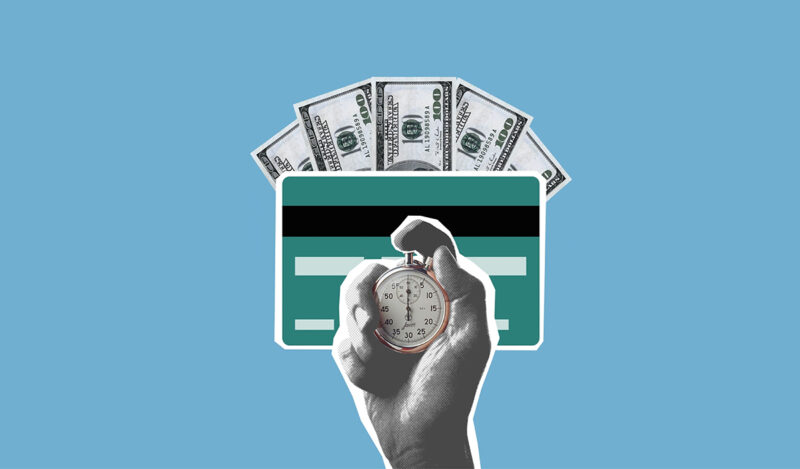

9% of families struggling to make ends meet
The Bank of Spain warns that 1.6 million households are unable to meet essential expenses. Rising commodity prices, inflation and rising interest rates are increasing the proportion of families in a vulnerable situation.
Almost one in ten Spanish families could not cover essential expenses with their gross income in 2022, up from 7% two years ago. Pressured by rising commodity prices, high inflation and the effect that the ECB’s interest rate hike has had on mortgages. This is one of the main findings of the report on the financial situation of households and businesses published by the Bank of Spain last Thursday.
The state supervisory body notes that inflation is the main cause behind the accumulated loss of purchasing power of 4.5% and that the increase in interest rates directly affects households with variable-rate loans. “Households with these types of debts, regardless of income level, are more vulnerable. This is not only because they spend a higher percentage of their income on essential expenses, but also because their liquid assets cover a smaller proportion of this expenditure”.
The report also notes that the increase in financing costs has led to a reduction in household credit demand in recent months, which was already seen at the end of 2022 and has been accentuated during the first three months of this year, with a particular impact on loans for house purchases. According to the banks, this development is the result of rising interest rates and a decline in consumer confidence. As for the second quarter, banks expect a further fall in household credit applications.
Access to credit has not only deteriorated for households, businesses, especially SMEs, are finding it more difficult to obtain credit, and when they do get it, it is on more unfavourable terms. The Bank of Spain warns that although businesses’ turnover continued to rise significantly and their indebtedness has continued to fall, the average cost of debt “is beginning to slow the increase in profits after interest”.
Saving is increasing and household debt is falling
It is not all bad news. The report’s data indicate that the household savings rate has rebounded, mainly due to the contraction in consumption, which is below its historical average and leaves behind the downward trend observed after the pandemic.
On the other hand, the Bank of Spain clarifies that the savings rate trend seen over the last few years is compatible with the accumulation of liquid assets by households. Similarly, it explains that, in real terms, wealth recovered at the end of 2022, after the dwindling rates of previous quarters, thanks to the moderation of inflation. Although the slowdown in house prices meant that the real estate component contributed to the increase in nominal wealth.
The household debt ratio has also declined significantly, reaching levels at the beginning of 2023 not seen since 2003. This reduction is mainly due to the increase in nominal income – driven by job creation and rising wages – and partly linked to the pick-up in inflation.
If you want to know how to get returns on your savings with a social justice product, 11Onze Recommends Litigation Funding. So that next summer, your holidays are paid for!
Leave a Reply
You must be logged in to post a comment.





Gràcies
Gràcies a tu, Joan!
“Estem fotuts” Bon article. Gràcies.
Gràcies a tu, Francesc!
👍
Gràcies, Manel!!!